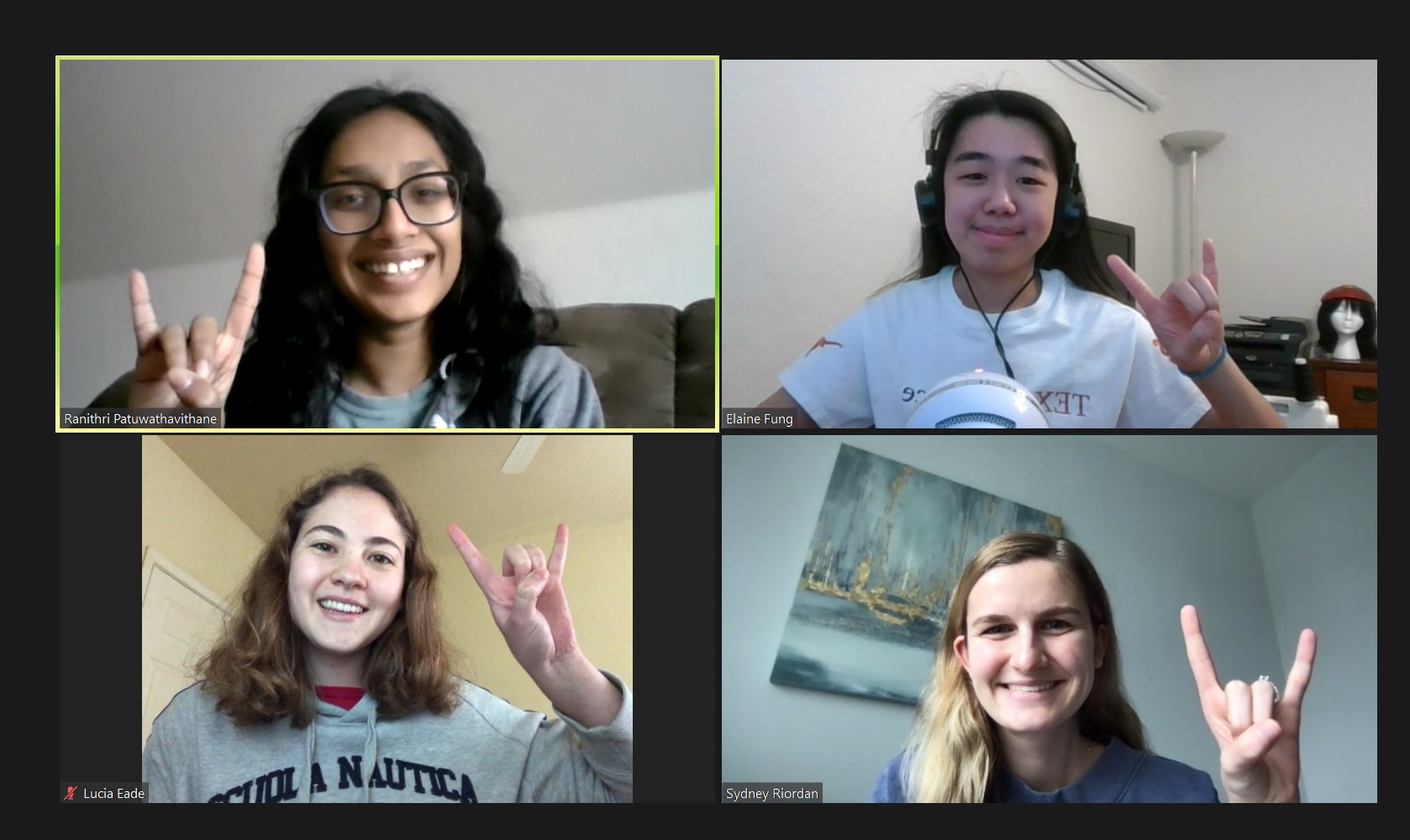A Novel Assignment for Telling an Important Story
The explosion of the podcast business has found an intriguing new home, in the classroom. Students in an inter-disciplinary class taught by Cockrell School of Engineering faculty are trying their hand at becoming the next Sarah Koenig (host and producer of the popular podcast Serial), turning to podcasting as the medium to explain a complex issue related to drugs designed to fight microorganisms such as bacteria and fungi.
The class: Science and Policy of Antibiotic Resistance, taught by Mary Jo Kirisits, an associate professor in the Department of Civil, Architectural and Environmental Engineering. The Fall 2020 Plan II Honors course included engineering majors as well as students studying other disciplines, such as psychology, mathematics, economics, neuroscience and more.
The topic: Antimicrobial resistance. Not exactly the easiest concept to explain but one with tremendous implications for society. It’s the phenomena by which microorganisms, such as bacteria, develop the ability to defeat drugs designed to eradicate them. This resistance makes it harder to treat diseases and can increase the risk of severe illnesses spreading.
The class is a part of one of Kirisits research projects, which is funded by the National Science Foundation. The broader project focuses on how exposure to metal and metal-oxide nanoparticles in engineered environments can lead to antibiotic resistance.
Students Ranithri Patuwathavithan, Elaine Fung, Lucia Eade and Sydney Riordan record their podcast, The Root of All Resistance: The Causes and Impacts of Antimicrobial Resistance. Listen to all the podcasts »

The student podcasts cover a wide range of aspects of antimicrobial resistance, including diseases transferred from animals to humans; the socioeconomic circumstances that lead to a rise antimicrobial resistance; and the role of pharmaceutical companies.
Kirisits developed the podcasting assignment after noticing that many students frequently listen to them while working in labs. In the “old days,” Kirisits said, she and her colleagues would listen to local radio in the lab.
The podcasting format presents an engaging challenge for students, and recording remotely encourages safe collaboration in the midst of the COVID-19 pandemic. Plus, it never hurts to refine the ability to explain complicated research in a concise manner.
“Translating your work from something that others in your field can understand to something that the general public can understand is a skill that requires practice,” Kirisits said.
Listen to the six episodes created by the students
This work was funded by the National Science Foundation (CBET 1916709 to M.J. Kirisits, N.B. Saleh, and B.A. Chambers). Any opinions, findings and conclusions or recommendations expressed in this material are those of the author(s) and do not necessarily reflect the views of the National Science Foundation.
